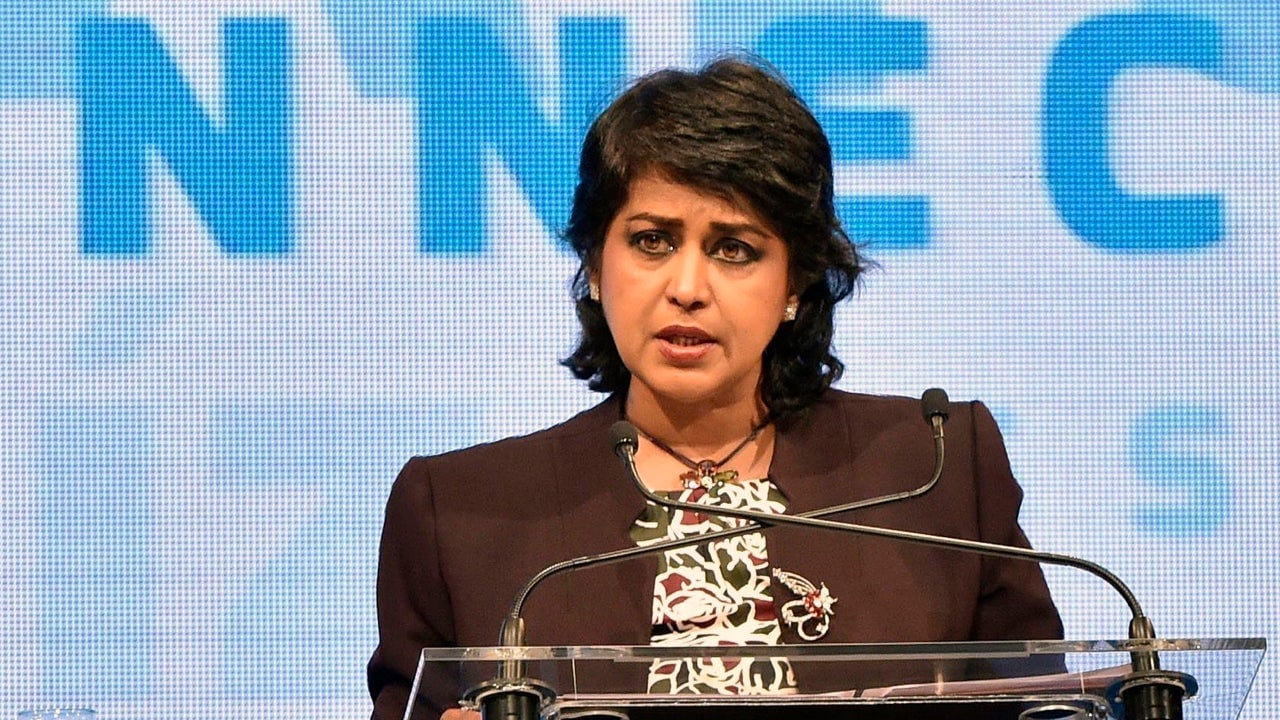Mauritius’ celebrated president may lose her job over a credit card shopping spree
One of Africa’s most prominent female leaders is embroiled in a scandal over her credit card.


One of Africa’s most prominent female leaders is embroiled in a scandal over her credit card.
Ameenah Gurib-Fakim, president of the island of Maurtitius, is accused of nearly maxing out a credit card linked to a foundation for science and technology. Local media report that she will resign after Mauritius marks 50 years of independence on March 12. Gurib-Fakim’s only response so far is that she’s not going anywhere.
Gurib-Fakim is accused of using the platinum credit card given to her by the Planet Earth Institute to buy jewelry for about 280,000 rupees ($8,218), along with more than 510,000 rupees ($14,969) spent on clothes in Dubai’s duty free area, and a purchase at an Apple store in Washington DC for 43,811 rupees ($1,286), according to documents obtained by L’Express newspaper.
The scandal is more complex, but a woman on a shopping spree has been too salacious a headline to miss. Dubbed the “platinum card case” (link in French), Gurib-Fakim is accused of using her influence to help controversial Angolan businessman Álvaro Sobrinho.
Publicly, Gurib-Fakim and Sobrinho are linked through the Planet Earth Institute, an NGO founded by Sobrinho and aimed at boosting science and tech in Africa. In 2016, the institute launched a PhD scholarship (pdf) named for the Mauritian president. Local reports say the scholarship also received funds from the Bill and Melinda Gates Foundation. The foundation, however, says this in inaccurate and that while the foundation supported the president’s work through its work with the institute, it no longer does so.
Gurib-Fakim at first denied wrongdoing, but has since paid back the “sums apparently inadvertently used on a credit card issued to her to cover logistical expenses whilst travelling to promote African science, technology and innovation,” according to a brief statement from the institute. Gurib-Fakim has also since stepped down from the institute.
The scandal has rocked an island trying to differentiate itself as a model of good governance and transparency. The power dynamics revealed behind the shopping spree headlines indicate rot in Mauritius’ celebrated financial sector.
At the heart of the scandal is Sobrinho, who was granted banking licenses in Mauritius. His growing influence on Mauritius’ political and financial scenes has raised questions in parliament and in the media, prompting an investigation into how he obtained his licenses. Sobrinho also is facing allegations by a Portuguese newspaper that he siphoned millions of dollars from Banco Espírito Santo, while he was head of the embattled bank’s Angola unit. In April last year, Swiss authorities froze all funds linked to BES and Sobrinho as part of an investigation into alleged money-laundering.
The international community has fawned over Gurib-Fakim since she became Mauritius’ first woman president in 2015. A biologist with a TED talk garnering nearly 1 million views, Gurib-Fakim has continued to use her largely ceremonial platform well. Ever PR-savvy, even as the story of the scandal broke around her, Gurib-Fakim launched a book on March 7 on the biodiversity of the gardens surrounding Mauritius’ state house—and she is expected to preside over independence celebrations this week even has her own political house crumbles.
This story has been updated to reflect comment from the Gates Foundation.